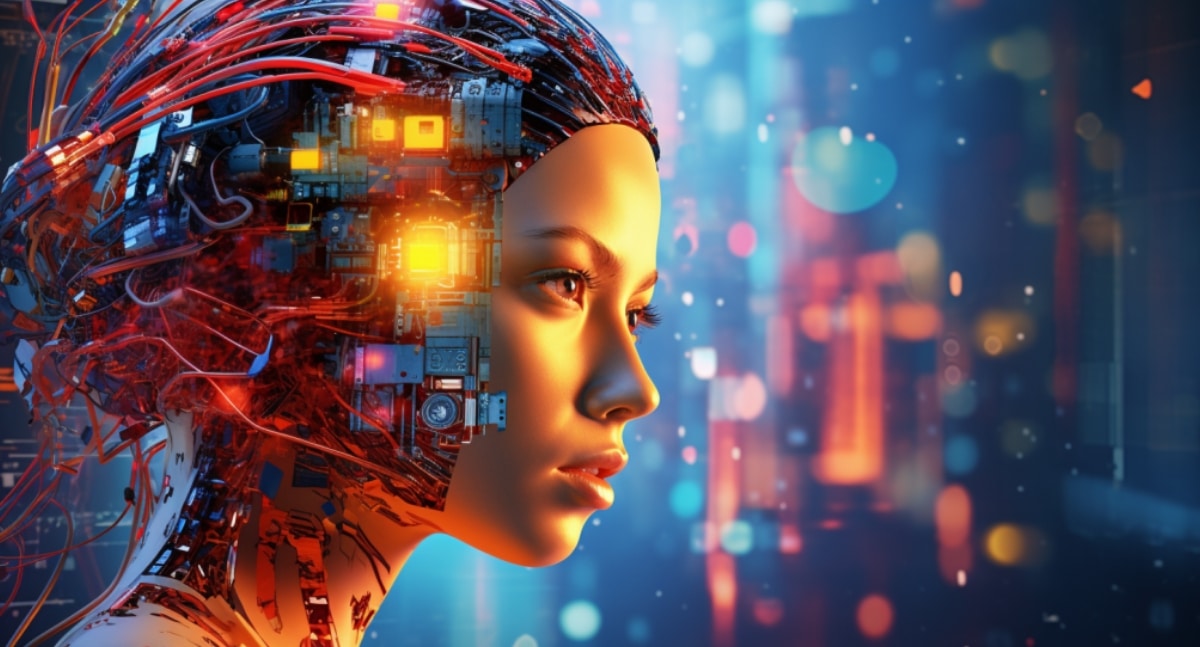The Rise of AI Agents: Revolutionizing Industries and Everyday Life

Artificial Intelligence (AI) agents are rapidly becoming a cornerstone of modern technology, transforming industries, and reshaping the way we interact with machines. These intelligent systems, designed to perform tasks autonomously or semi-autonomously, are at the heart of many applications, from virtual assistants like Siri and Alexa to complex decision-making systems in finance, healthcare, and beyond.
What Are AI Agents?
An AI agent is a software program that perceives its environment, processes information, and acts upon that environment to achieve specific goals. Unlike traditional software, which operates based on pre-defined instructions, AI agents are capable of learning, adapting, and improving over time. They are typically categorized into two main types:
- Reactive Agents: These operate on pre-programmed rules and respond to stimuli in real time. They lack memory or long-term planning capabilities.
- Cognitive Agents: These agents can reason, plan, and learn from past experiences. They are often associated with advanced AI applications like robotics and conversational AI.
Core Components of AI Agents
AI agents rely on several foundational components:
- Perception: Using sensors or data input mechanisms, AI agents interpret the environment. This could include processing visual data, audio signals, or textual information.
- Decision-Making: Agents employ algorithms to analyze data and make decisions. Techniques like machine learning and neural networks play a significant role in this process.
- Action: Once a decision is made, the agent takes actions, whether it's generating text, moving a robotic arm, or executing a trade.
- Learning: Through feedback and interaction with the environment, AI agents refine their algorithms to improve performance over time.
Applications of AI Agents
AI agents are revolutionizing numerous industries by automating tasks, improving efficiency, and enabling innovation. Here are some notable examples:
1. Healthcare
AI agents assist in diagnosing diseases, recommending treatments, and managing patient care. For instance, IBM Watson Health uses AI to analyze medical data and provide actionable insights for physicians.
2. Finance
From fraud detection to automated trading, AI agents analyze vast amounts of financial data to make predictions and execute decisions. They also power customer-facing services like chatbots in banking.
3. Retail
AI agents enhance customer experiences by offering personalized recommendations, managing inventory, and optimizing supply chains. Virtual shopping assistants are becoming increasingly common.
4. Education
In education, AI agents personalize learning by adapting to individual student needs. Intelligent tutoring systems provide real-time feedback, making learning more effective and engaging.
5. Robotics
Autonomous vehicles and drones rely on AI agents for navigation, decision-making, and interaction with their surroundings. These systems combine sensors, machine learning, and advanced planning algorithms.
Challenges and Ethical Considerations
While the potential of AI agents is immense, they also raise significant challenges:
- Bias in Decision-Making: AI agents can perpetuate or amplify biases present in their training data, leading to unfair outcomes.
- Privacy Concerns: As AI agents collect and analyze vast amounts of data, ensuring user privacy and data security becomes paramount.
- Autonomy vs. Control: Striking a balance between an agent's autonomy and human oversight is critical, particularly in sensitive applications like healthcare and defense.
- Job Displacement: Automation by AI agents may lead to job losses in certain industries, necessitating a focus on reskilling and education.
The Future of AI Agents
The development of AI agents is advancing at an unprecedented pace, driven by breakthroughs in machine learning, natural language processing, and robotics. Future AI agents are expected to become:
- More Collaborative: Seamlessly working alongside humans in hybrid teams.
- Emotionally Intelligent: Recognizing and responding to human emotions for improved interaction.
- Self-Improving: Using advanced techniques like reinforcement learning to optimize their performance without human intervention.
As AI agents become more sophisticated, they will play an even greater role in shaping the future of work, education, healthcare, and beyond.
Conclusion
AI agents are not just tools; they are transformative forces reshaping the modern world. By augmenting human capabilities, automating complex tasks, and enabling new possibilities, AI agents hold the potential to revolutionize industries and improve lives. However, their development must be guided by ethical considerations and a commitment to ensuring they benefit society as a whole. As we move into the future, understanding and leveraging the power of AI agents will be essential for individuals, businesses, and governments alike.